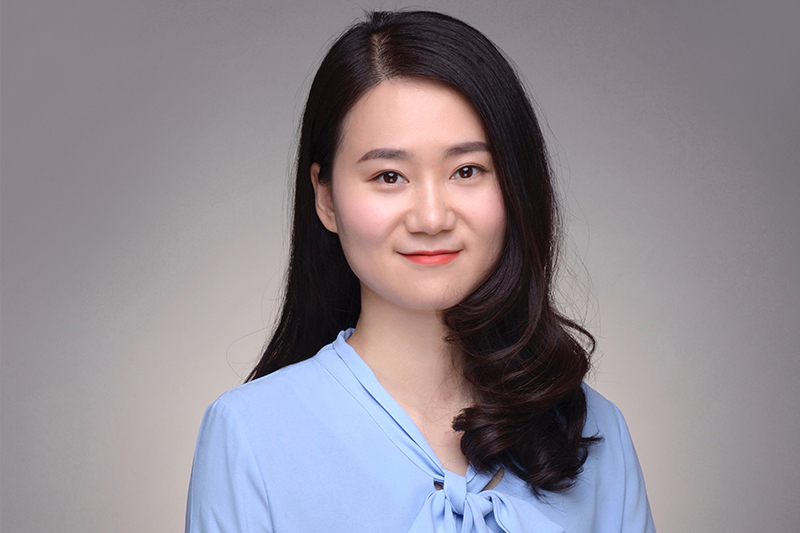Jing Lu

Project: Urban and Peri-urban Green Infrastructure as an ecosystem service of health and biodiversity
Humanity is part of nature – its common home. However, in its historical development, it has evolved towards lifestyles in which the tendency has been to achieve greater autonomy with respect to the natural environment, leading to an accelerating rate of urbanization and Climate Change. Without doubt, urbanization and Climate Change pose one of the greatest threats to global biodiversity and public health under the dual loss of forest cover and direct contact with the natural environment. As a result, remnant forests are likely to suffer from isolation and closer proximity to urban areas. Inevitably, there will be no definite boundaries between humans and ecosystems. Deemed as novel ecosystems, cities will play a growingly important role in global biodiversity conservation and public health, particularly through the better understanding, planning, design, and management of Urban and Peri-urban Green Infrastructures (UPGI).
This project attempts to provide insights and actionable measures for a healthier urban novel ecosystem cohabitating human and nonhuman inhabitants. There are two primary objectives of this research: 1) To expand the knowledge and develop analysis measures of UPGI through a multispecies lens; 2) To understand and analyze the interplay between biodiversity and human health in urban spaces towards improving both human and ecosystem health.
Biography
Jing Lu is a researcher and urban planner with projects covering 40+ cities across North America, Asia, Africa, Europe, and the Caribbean. Her primary research interests lie in landscape planning and design, nature-based solutions, environmental conservation and planning, and heritage preservation. Her career to date, with a combination of practitioner, researcher, and educator, has enabled her to bring together practical experiences and government perspectives into research and teaching through a cradle-to-grave understanding of the struggles and desires of policy plan formation, decision-making, and implementation.
Jing now works as an early-stage researcher (ESR) in the Department of Forestry and Environmental Management at the Universidad Politécnica de Madrid (UPM) in Madrid, Spain. Before assuming her current role, Jing worked as a part-time research associate and adjunct studio tutor at Xi’an Jiaotong – Liverpool University while practicing full-timely as a senior project manager and urban planner at Futurepolis LLC in Suzhou, China. Jing holds a Master of Urban and Environmental Planning from the University of Virginia in the US and a Bachelor of Environmental Engineering from Beijing University of Chemical Technology in China. She is also a certified urban planner in the United States and China – American Institute of Certified Planner (AICP) and Chinese National Registered Planner (CNRP). Jing has (co)authored five journal papers and two book chapters, including three JCR/SJR Q1 peer-reviewed journal papers.
